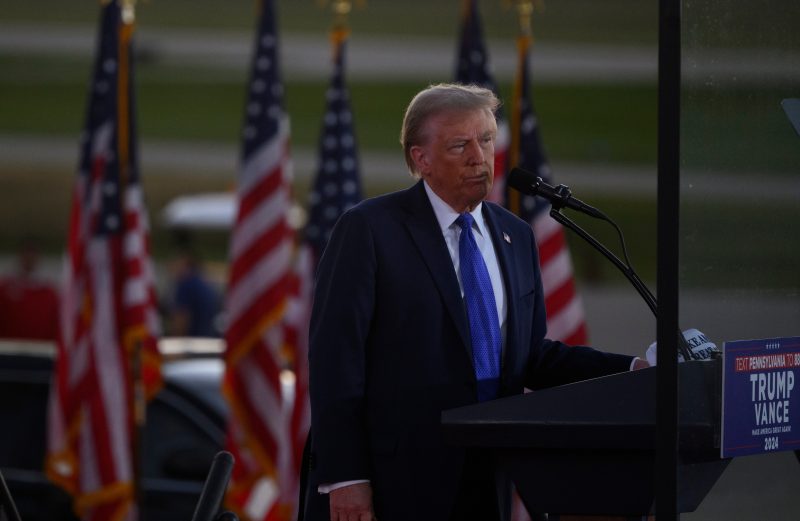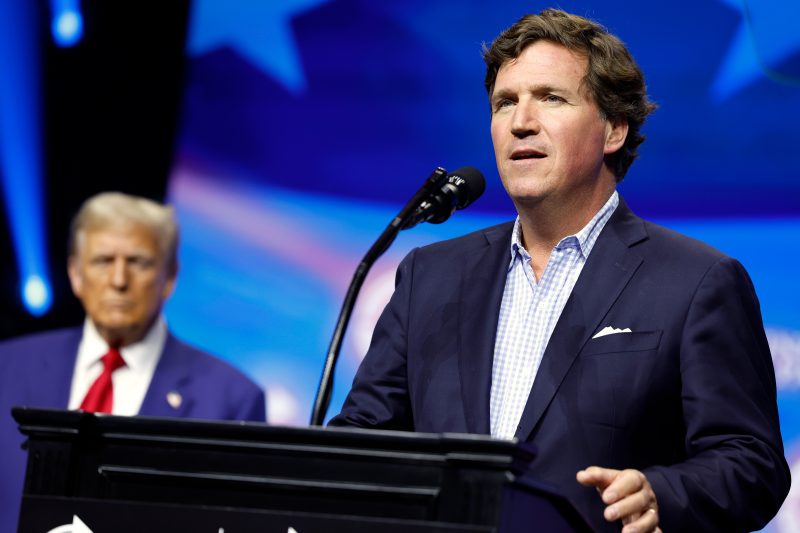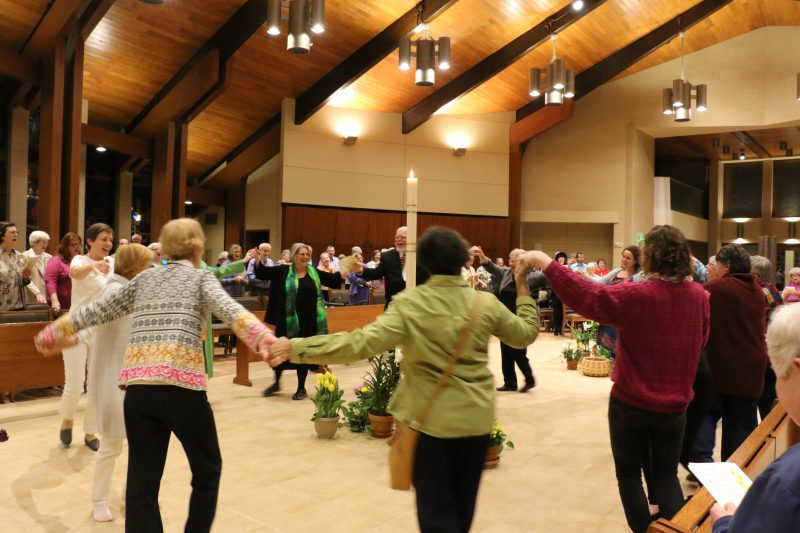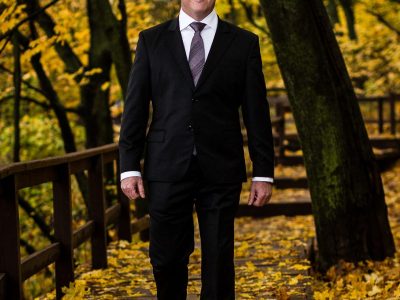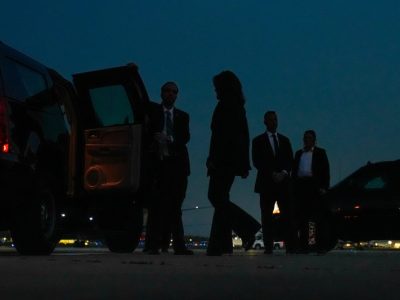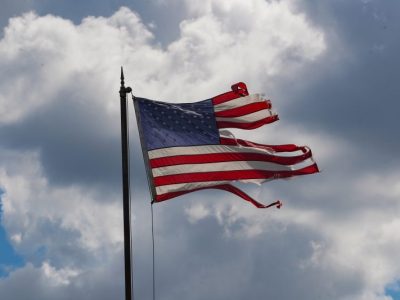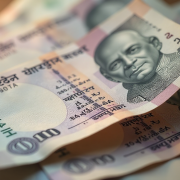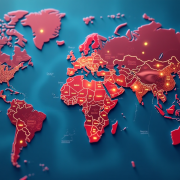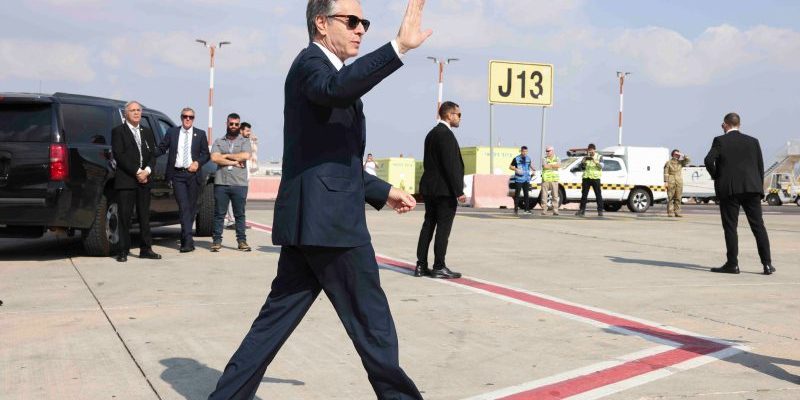
The top U.S. diplomat planned to visit the struggling nation of Haiti on Thursday, in an unusual attempt to boost the country’s interim leader and deliver a message of support for a U.S.-backed international policing mission that has so far failed to make a significant impact against the gangs that have seized control of most of the capital, Port-au-Prince.
Secretary of State Antony Blinken more often visits countries where the United States can deliver a clear message of hope and assistance. In Haiti, the narrative is far less crystalline, and observers and political activists say the country may be at its most fragile in years. Interim Prime Minister Garry Conille has been in office since June, and analysts say he has so far failed to deliver badly needed stability. A Kenya-led policing mission that began this summer, meanwhile, has been plagued by miscommunication and is understaffed and underfunded, observers say.
Haiti plunged into chaos after the 2021 assassination of President Jovenel Moïse, throwing the country’s already weak institutions into disarray and opening the door to armed gangs to take over increasingly large parts of Port-au-Prince, ports and other critical areas inside the country. Now the paramilitary control about 80 percent of the capital. Earlier this year, they shut down the country’s main airport while then-Prime Minister Ariel Henry was on a diplomatic trip abroad, eventually forcing his resignation.
“This is a crucial moment in Haiti,” Assistant Secretary of State for Western Hemisphere Affairs Brian Nichols told reporters ahead of the visit. “We’re seeing that forward movement on the security side that we’ve long waited for. But we also need to see progress on the political side, and engaging the transitional presidential council, the prime minister and Haiti’s political parties is a priority for the secretary to make sure that progress towards elections moves forward.”
Coming two months ahead of the U.S. presidential election, the trip is a gamble for Blinken, who, though he steers clear of domestic politics, risks calling attention to an unresolved international challenge that if mismanaged could lead to a flood of migration. Elections have not been held in the Caribbean nation of 12 million since 2016. Roughly 5 percent of the population, 578,000 people, has been displaced by violence, according to the United Nations. In the first half of the year, at least 3,884 Haitians were killed or injured in the fighting, the United Nations said.
“The fragility of the country, you can’t exaggerate it. And the incapacity of the government to do anything of significance to change the situation is unfortunately very high,” said Robert Fatton, a Haitian-born scholar of Haitian politics at the University of Virginia. “I don’t know what is going to be the result of the trip except that the U.S. will show that it supports Conille and money will be given, but that is still kind of a containment strategy.”
Blinken is the senior-most U.S. official to visit Haiti since his predecessor John F. Kerry traveled to the country in 2015.
The United States has a long and tortured record of interventions in Haiti, the Western Hemisphere’s poorest country. It retains significant political influence in the country, but its history also shadows any effort to bolster security there. President Joe Biden has ruled out any deployment of U.S. troops.
Instead, his administration led an effort to build an international policing mission there after Haitian leaders requested assistance in October 2022 but has struggled to get countries to sign on. About 400 Kenyan police officers finally deployed in July and are expected soon to be joined by Jamaican police forces.
The Biden administration has pledged $360 million toward the mission, including equipment such as armored MRAP vehicles initially developed for Iraq and Afghanistan.
But the initial deployment of Kenyan forces has so far failed to make a dent in the violence, observers say, amid concerns that the African officers speak neither French nor Creole and a growing perception among Haitians that they are unwilling to put themselves at risk to push back on the gangs.
“There’s a perception that they’re not doing anything,” said James Beltis, an activist and one of the founders of an anti-corruption group, “Nou pap dòmi,” or “We aren’t sleeping.”
U.S. officials have indicated an openness to seeking U.N. approval for a peacekeeping mission — though many Haitians have bad memories of a U.N. mission that ran from 2004 to 2017 and was linked to sexual violence and a cholera epidemic that killed 10,000 people.
After Thursday’s trip to Haiti, Blinken plans to travel to the Dominican Republic, where the newly reelected government recently allowed the U.S. government to seize the plane of Venezuelan President Nicolás Maduro.
Mérancourt reported from Port-au-Prince, Haiti.


